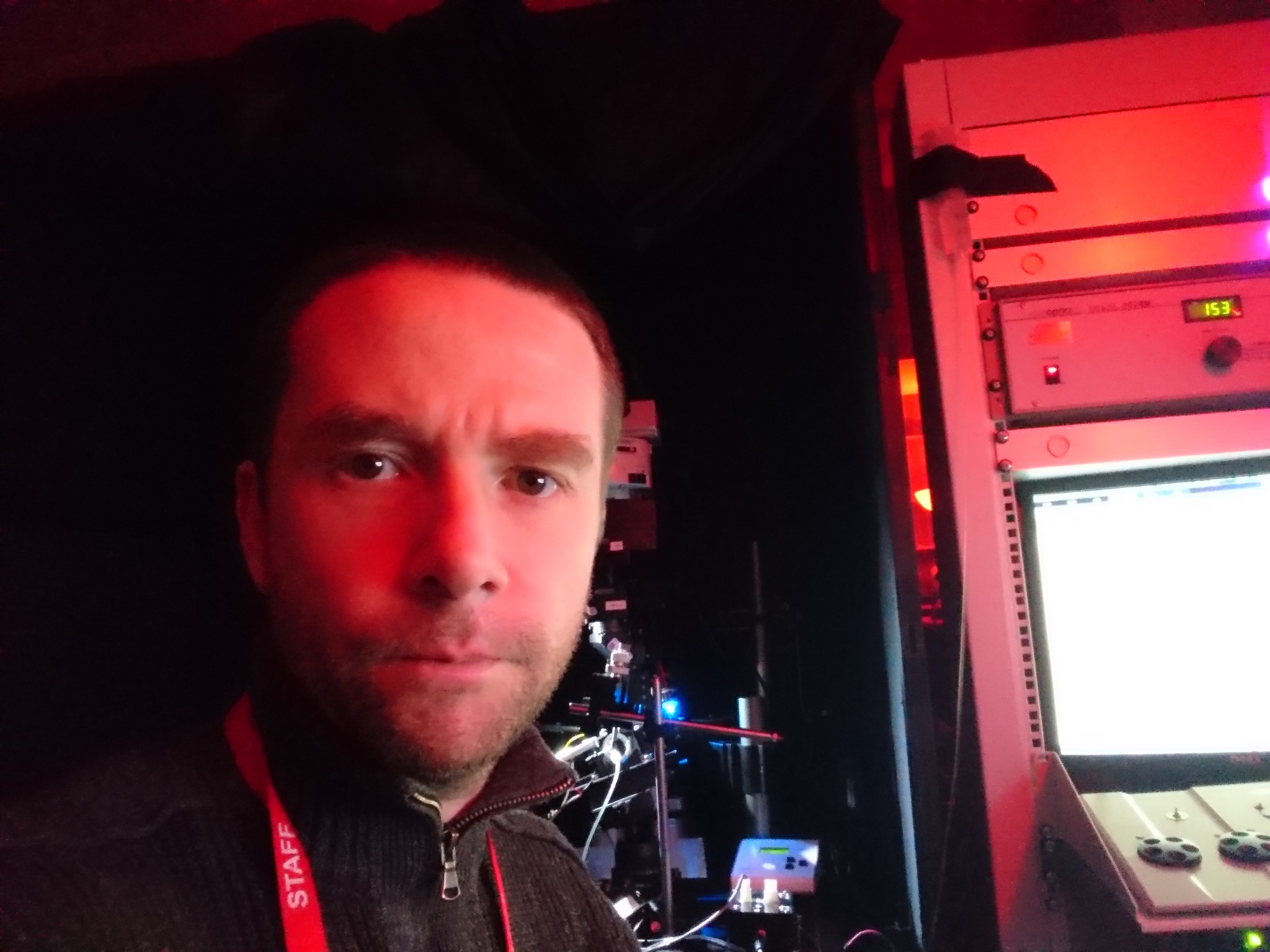BNA members receive international recognition with SfN awards
8th October 2024
21st May 2021

Every career path into neuroscience can be different. Here, we hear from Michael Bale from Scientifica with an insightful and inspiring account of his own career journey
Michael Bale, Application and Support Engineer, Scientifica
My drive to follow an academic career path stems from my Neuroscience undergraduate degree from the University of Manchester, with a year in industry where I gained valuable experience.
Remaining at the University of Manchester, I wanted to understand how neurons represent the outside world, so next I embarked on a PhD investigating the neural coding of touch. I moved from single cells in my PhD to populations in my first Postdoc in the same lab, and then became interested in how events that occur in our environment influence our behaviour. To learn the techniques required, I held a Visiting Scientist position for a few months at HHMI Janelia Research Campus and took up a second Postdoc at the Instituto de Neurociencias in Alicante, where I created a new behavioural task. The Alicante lab moved to the University of Sussex and I used multiphoton microscopy to study neural activity in the recently developed task.
There were several enjoyable parts of academia. First, you are doing things that no one else has ever done before, being on the frontier of discovery. I was fortunate as I had excellent mentors in my PIs, and I enjoyed, when experiments permitted, a flexible working schedule. What I did not like was the not knowing what would happen in one to three years’ time, no matter how much you worked towards a goal. Plus, experiments and analysis were held so valuable to me that I never left myself time to read papers or write proposals.
Academia was appealing because I wanted to answer questions that interested me, however, I found that winning funding often meant diverting my interests to popular topics or institutional goals. This was frustrating because ideas I had years ago are now coming to fruition for others. Often, if I received feedback from my applications, it gave me the impression that the proposal wasn’t read, which was disheartening. For the time and effort spent, I wondered whether a coin toss might be a better way to distribute research funding (an interesting take on this can be read here). It simply was not for me.
Leaving academia was difficult as it was all I knew. Because of this, I wanted to stay close to my comfort zone. I initially looked at research administration positions within academia; while necessary to free up time for researchers, these are still quite rare. I then looked at scientific writing roles, but after a handful of interviews I did not seem to fit the profile or have the relevant experience. Eventually, I sought advice from careers expert Natalie James, who after one hour was able to show me how not to under sell achievements and to learn the difference between coming on too strong and statements of fact. It is ok to say you are amazing at something as long as it’s true and you can back it up with evidence. A week later, a friend dropped me a message saying Scientifica were hiring and I sent off an email of maybe two sentences and my CV. It wouldn’t be wise for me to speculate how that email and CV got me to interview, but I would like to think that brevity and the direct approach worked to my advantage.
My role as Application and Support Engineer is best described as diverse. The main tasks involve helping Scientifica customers get the most out of their equipment, and ensuring new customers get the best equipment for their experimental requirements. I enjoy the interaction with users, hearing about dream experiments and finding solutions for them. The major difference to academia is the range of tasks. Academia, for me, was several long projects, but in my industrial foray I am exposed to tasks of different timescales, which makes for a varied and packed workday. The work focus can change in an instant even daily, unlike in academia.
Anyone with reservations about leaving academia needs to be informed that the stats are in favour of being happy after the switch. And if you’re not happy, there will still be opportunities to go back.
To find out more about Scientifica, click here
For career opportunities within neuroscience, check out the BNA Career section